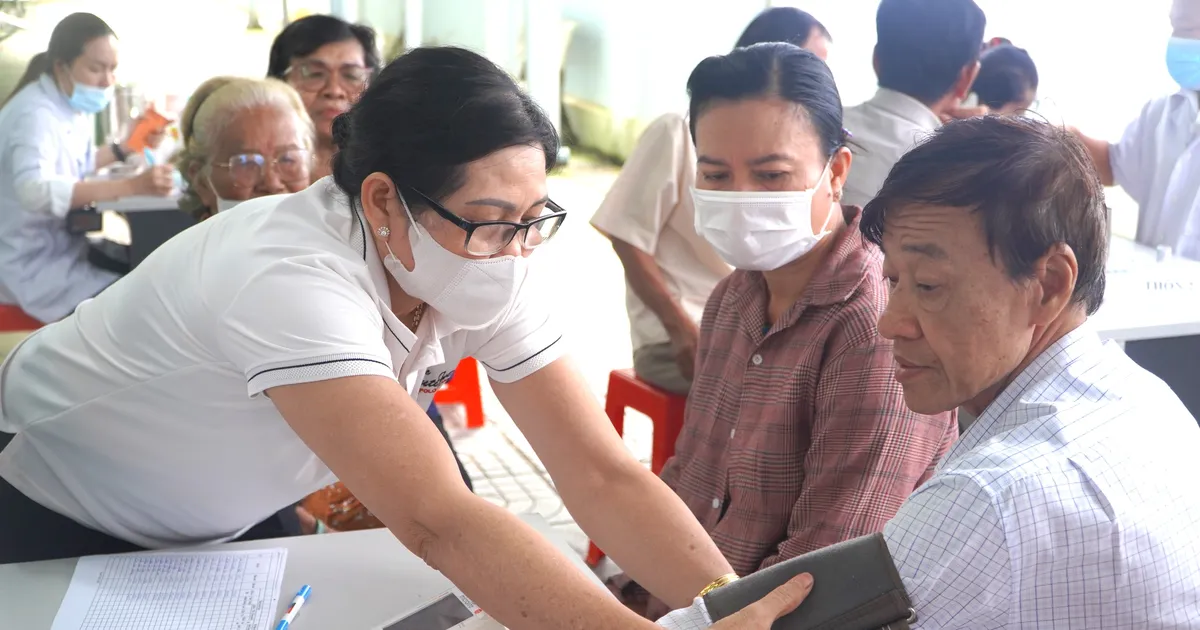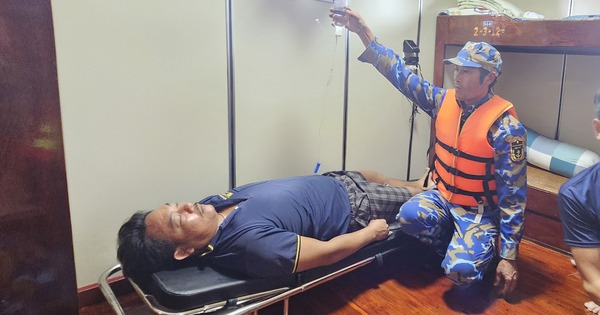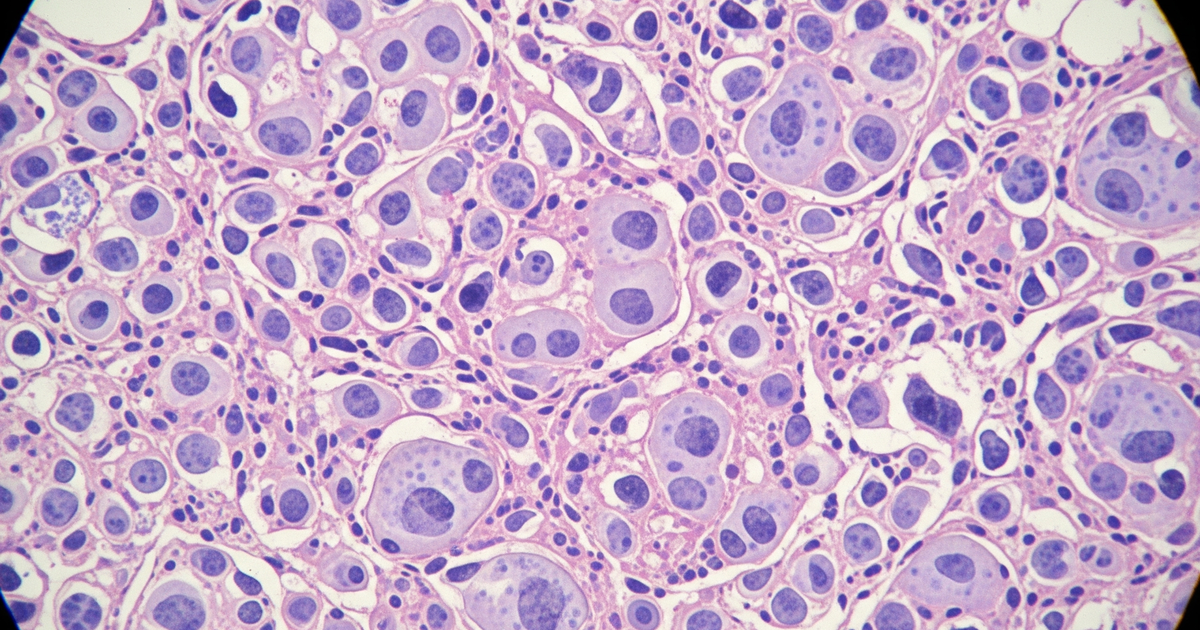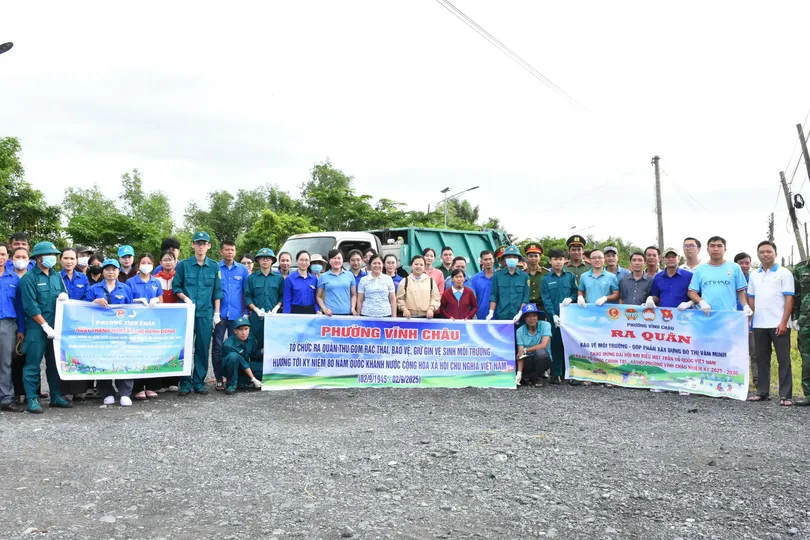Exposure to polluted environment, stress, drinking little water, and lack of exercise reduce the body's resistance.
Immune deficiency is a condition in which the body is reduced or completely unable to fight off attacks from pathogens from the external environment such as bacteria, viruses, and parasites. This increases the risk of colds, flu, Covid-19, pneumonia, and more severe infections than normal.
Dr. Than Thi Ngoc Lan, Department of Respiratory Medicine, Tam Anh General Hospital, said that people with low resistance often have a high frequency of infections, short incubation periods, and serious complications. Some unhealthy habits and lifestyles are the cause of this condition.
Environmental pollution is an opportunity to produce many new variants of viruses and bacteria that cause diseases with high infectious potential, changing the body's immune function. Regularly inhaling cigarette smoke can stimulate, destroy or change cell structure, increasing the risk of many diseases such as chronic bronchitis, chronic obstructive pulmonary disease (COPD), acute asthma attacks, and lung cancer.
Inhaling air contaminated with dust, chemical vapors, and heavy metals can hinder the activity of T lymphocytes in the body's immune system, making it susceptible to respiratory infections. Exposure to PM 2.5 fine dust releases inflammatory cytokines, inflammatory reactions in the lungs and the whole body, aggravating respiratory and cardiovascular diseases.
Dr. Lan said that when microplastic particles in the environment enter the body, they accumulate in lung tissue and the digestive tract. They then move to tissues and organs through the circulatory system. Exposure to microplastic particles disrupts the integrity of cell membranes, causing immune stress, imbalances in the intestinal microbiota and energy metabolism, thereby reducing resistance.
Staying up late causes the body to not produce enough melatonin hormone, the immune system does not create enough white blood cells to help fight against the invasion of pathogens from the environment. Insufficient sleep also causes the immune system to produce excess inflammatory cytokines, which can mobilize and activate inflammatory cells, increasing the risk of infection.
Adults should sleep 7-8 hours a night, the best time is around 10-11pm. At this time, body temperature and cortisol hormone levels gradually decrease, the brain begins to produce melatonin, helping to sleep well.
Drinking little water limits the ability to transport oxygen and nutrients in the blood to nourish cells. This habit also causes the body to lack essential minerals, hinders the detoxification process, and weakens the immune system.
Antibiotic abuse and incorrect dosage can cause intestinal dysbiosis, digestive disorders, and affect metabolism and nutrient absorption. This condition also increases the risk of antibiotic-resistant bacteria, even multi-antibiotic resistance, making diagnosis and treatment difficult.

Long-term stress causes immune deficiency. Photo: Freepik
Chronic stress reduces the number of natural killer cells or lymphocytes in the body, which are needed to fight viruses.
Dr. Lan said that stress can cause the immune system to create an inflammatory response. If inflammation is persistent and widespread, it contributes to chronic diseases, including plaque buildup in the artery walls. Chronic stress can cause higher than normal levels of the hormone cortisol. This also interferes with the body's anti-inflammatory response, leading to recurrent infections.
Unhealthy diets such as overuse of processed foods, high protein and low fiber foods cause nutritional imbalance. Lack of nutrients in the body reduces resistance, increases the risk of infection, and slows recovery from illness.
Consuming foods rich in saturated fat, lipids, sugar... weakens B and T lymphocytes in the immune system. A diet high in protein causes the body to produce large amounts of the growth hormone IGF 1, accelerating the aging process and hindering the functioning of the immune system.
Doctor Lan recommends that everyone needs to have a complete diet, balancing groups of substances such as protein, carbohydrates, fat, vitamins and minerals, fiber, providing probiotics for a healthy immune system.
Alcohol abuse affects the lungs, impairs digestive function, and causes many diseases such as digestive disorders, gastroenteritis, gastric and duodenal ulcers, etc. Meanwhile, the intestines are where more than 70% of the immune system components are concentrated, including the epithelial lymphatic immune system. This is also where immune factors for the body such as macrophages and IgA antibodies are produced, etc. An unhealthy digestive system will hinder the functioning of the immune system.
Lack of exercise causes poor blood circulation, affecting the ability of immune cells in the blood to move and destroy harmful agents. Metabolism slows down, the body absorbs nutrients slowly, causing resistance to decline.
Regular exercise of about 20-30 minutes a day helps increase gas exchange, improve lung capacity; reduce blood pressure, cholesterol and maintain appropriate weight; process nutrients, fluids; support sleep, muscle health, and strengthen immunity.
Trinh Mai
Source link






![[Photo] General Secretary To Lam attends the 80th anniversary of Vietnam's diplomacy](https://vstatic.vietnam.vn/vietnam/resource/IMAGE/2025/8/25/3dc715efdbf74937b6fe8072bac5cb30)








































































































Comment (0)